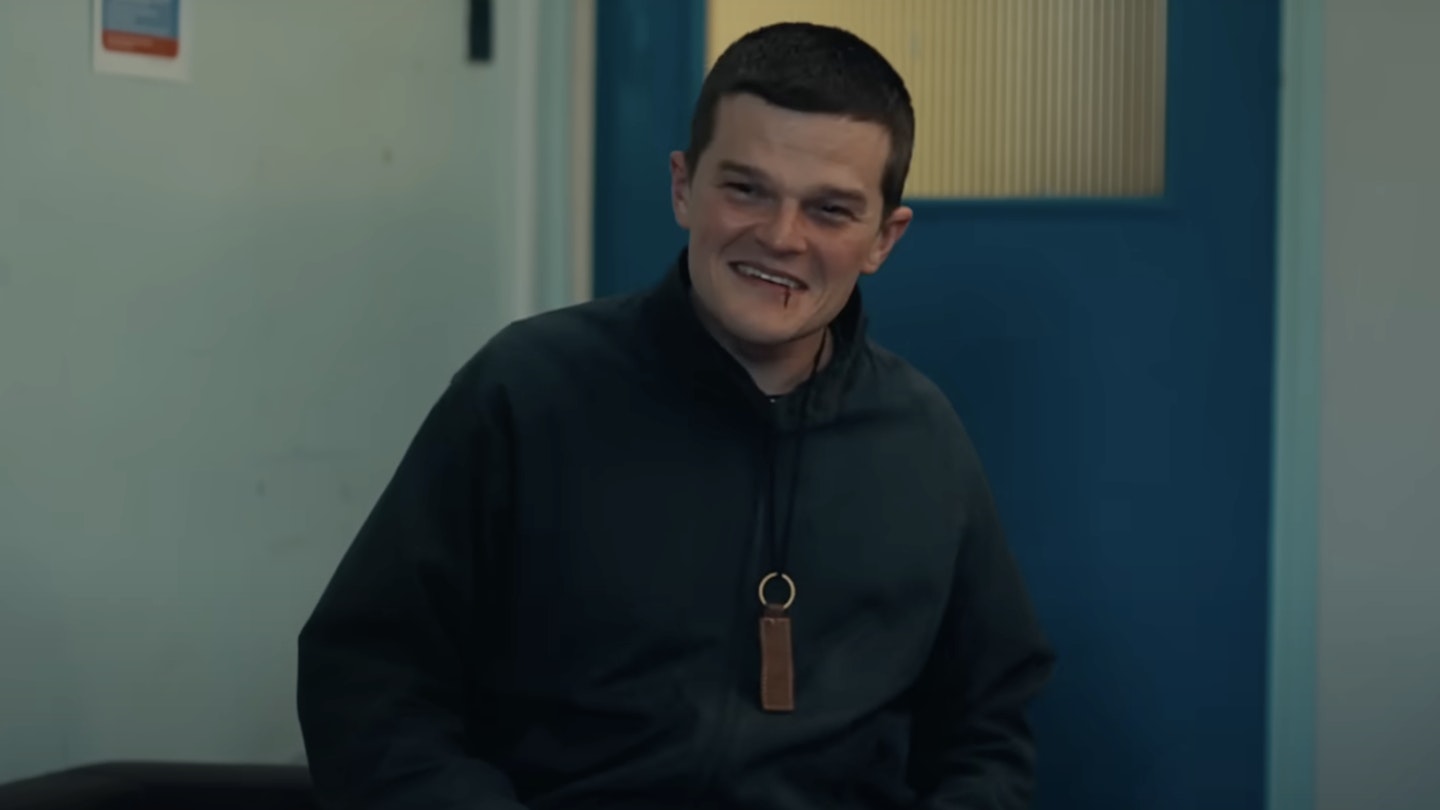I Swear
As far as cosy, feel-good British films go, I Swear begins in irreverent form....

As far as cosy, feel-good British films go, I Swear begins in irreverent form. As John Davidson (Robert Aramayo) lines up to receive his MBE from Queen Elizabeth II, his nerves get the better of him. “Fuck the Queen!” he blurts out. It’s a deliciously iconoclastic moment, and one that serves both sides of this delightful film’s two wolves: the warm-and-fuzzy teatime template that it appears to follow, and the involuntarily foul-mouthed subject that it tracks.

Directed by Kirk Jones (whose cosy feel-good credentials include 1998’s Waking Ned), I Swear tells the true story of a Scottish man living with Tourette syndrome, at a time when public awareness of the condition was virtually nonexistent. After that royal run-in, the story flashes back to 1983, where we meet John as a young boy (played superbly by Scott Ellis Watson). He is happy and popular, the star goalkeeper at school, and like any self-respecting Scottish boy eats chips twice a day. When involuntary tics start to creep into his voice and mannerisms, though, his life starts to unravel.
Aramayo in particular puts in an extraordinary performance...
His parents are immediately dismissive. John’s cold-as-winter mother (Shirley Henderson) simply prescribes “a hot bath and an early night”. By the time we meet John as an adult, now played by Rings Of Power’s Aramayo, he is treated like a second-class citizen. It is only when he meets Dottie (Maxine Peake), the mother of a friend and a mental-health nurse brimming with gentle warmth and kindness, that life becomes tolerable.
Lovable underdogs are a staple of British cinema, and I Swear doesn’t stray too far from the well-trodden path, but its occasional clichés are forgiven for a few reasons. For one, the cast are uniformly excellent: Aramayo in particular puts in an extraordinary performance, achieving not just the technical feat of playing someone with such a specific physical and vocal condition, but also nailing the emotional pathos, the likeable everyman, the sly humour.

That is another of the film’s strengths: it is very, very funny. Without ever punching down, it recognises the inherent absurdity of John’s sweariest tics — given extra oomph in a Scottish accent. It’s fair to say this is the cosiest mum-and-dad-friendly film to feature dialogue like, “Show me your knockers!” and, “I’m a paedophile!”
Most impressively, though, this is a film which does justice to those living with Tourette’s, honouring without judging, celebrating without condescending. The final act marks John’s activism, using real-life Tourette’s actors; in perhaps the film’s best scene, he shares a car with a young girl struggling with the condition. After a minute or so of hurling the unholiest insults at each other, the pair smile quietly together, finding some solidarity. Like the film at large, it’s sweet, funny, and unusually moving.
What's Your Reaction?











